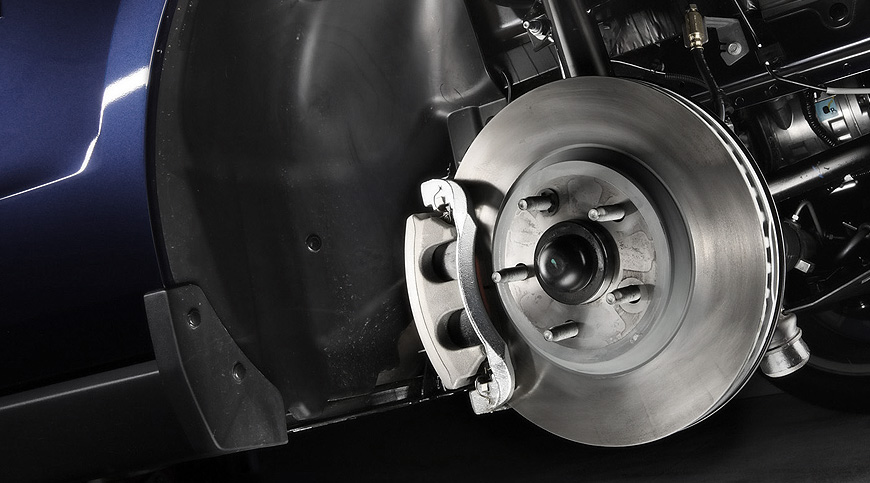Every car owner encounters issues with their vehicle at some point. While some problems are minor and easy to fix, others require professional attention. Understanding common car issues and their solutions can help you detect problems early and prevent costly repairs. Here are some of the most frequent car problems and how to address them.
1. Engine Overheating
Symptoms: High temperature gauge, steam from the hood, warning light on the dashboard. Causes: Low coolant levels, faulty thermostat, radiator issues, or a broken water pump. Solution: Check coolant levels and refill if necessary. Inspect the radiator and water pump for leaks or damage. If the problem persists, consult a mechanic.
2. Dead Battery
Symptoms: Car won’t start, dim headlights, clicking sound when turning the key. Causes: Battery corrosion, old battery, or faulty alternator. Solution: Check battery terminals for corrosion and clean them. If the battery is over three years old, consider replacing it. Ensure the alternator is charging the battery properly.
3. Brake Problems
Symptoms: Squeaking or grinding noises, soft brake pedal, vibrations when braking. Causes: Worn brake pads, low brake fluid, or warped rotors. Solution: Replace worn brake pads and ensure brake fluid is at the correct level. If the issue continues, have a professional inspect the braking system.
4. Check Engine Light On
Symptoms: Dashboard warning light remains illuminated. Causes: Loose gas cap, faulty oxygen sensor, or ignition system failure. Solution: Check the gas cap first. If that’s not the issue, use an OBD-II scanner to diagnose the problem or take the car to a mechanic.
5. Tire Wear and Tear
Symptoms: Uneven tire wear, vibrations, frequent air pressure loss. Causes: Misalignment, improper inflation, or worn-out tires. Solution: Regularly check tire pressure, rotate tires every 5,000-7,500 miles, and replace them when necessary.
6. Transmission Issues
Symptoms: Delayed shifting, slipping gears, burning smell. Causes: Low transmission fluid, worn-out clutch, or mechanical failure. Solution: Check and refill transmission fluid if low. If shifting problems persist, consult a mechanic for a thorough inspection.
7. Poor Fuel Efficiency
Symptoms: Reduced mileage, sluggish acceleration. Causes: Dirty air filters, faulty spark plugs, or tire pressure issues. Solution: Replace air filters, ensure spark plugs are in good condition, and maintain proper tire pressure for better fuel efficiency.
Final Thoughts
Regular vehicle maintenance and early detection of issues can save you money and ensure a safer driving experience. If you notice any warning signs, address them promptly to prevent further damage. When in doubt, consult a professional mechanic for proper diagnosis and repair.


